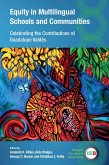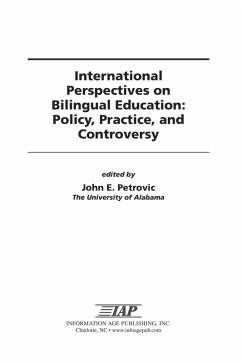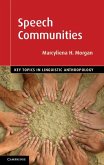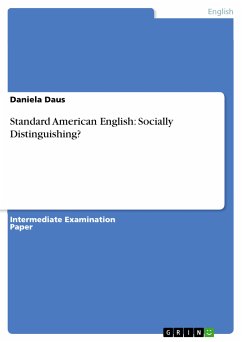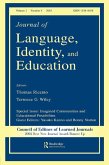The recent decision to end the Deferred Action for Childhood Arrivals (DACA) has had a major impact on many who have been geographically uprooted to places they have never lived or known. Established in 2012, DACA allows eligible immigrant youth (Dreamers) to apply for protection for deportation and work permits in two-year increments. On September 5, 2017 the Trump administration announced that it would tersely end the program. While several organizations have taken charge by advocating and representing Dreamers, there are still many students in school districts who have not been represented or advocated for because of their limited language skills. On January 22, 2019, the U.S. Supreme Court declined, for now, to take up the Trump administration's request to review the lawsuit challenging the administration's decision to end Deferred Action for Childhood Arrivals. These students, although here legally, have not been able to been able to attain these skills simply because our schools do not have the adequate resources and personnel to attend to them (Cherng et al., 2017). This book exposes the experiences of 15 Educational Leadership candidates focused on improving their bilingual/multilingual school communities via conceptual ideas and policies learned as students and synthesizing these ideas into practice as future administrators. As such, the chapters presented in this project will be focused on the development of innovative methods to meet the needs of these communities. Guided by social justice leadership, this project exposes the empirical practices of these teacher leaders in their respective New York City communities. Immigration can be an on-going challenge for educational leaders, counselors, school personnel, community members, and those who are engaged in meeting the needs of this population. Teachers and leaders in new immigrant destinations - places that are seeing rapidly increasing numbers of immigrants - often find themselves dealing with a host of unexpected issues: immigrant students' unique socio-emotional needs, community conflict, a wider range of skills in English, lack of a common language for communication with parents, and more (Tamer, 2014). Still, there is a high need of research providing leadership guidance addressing immigration policies and resources inside and outside schools.
Dieser Download kann aus rechtlichen Gründen nur mit Rechnungsadresse in A, B, BG, CY, CZ, D, DK, EW, E, FIN, F, GR, HR, H, IRL, I, LT, L, LR, M, NL, PL, P, R, S, SLO, SK ausgeliefert werden.



